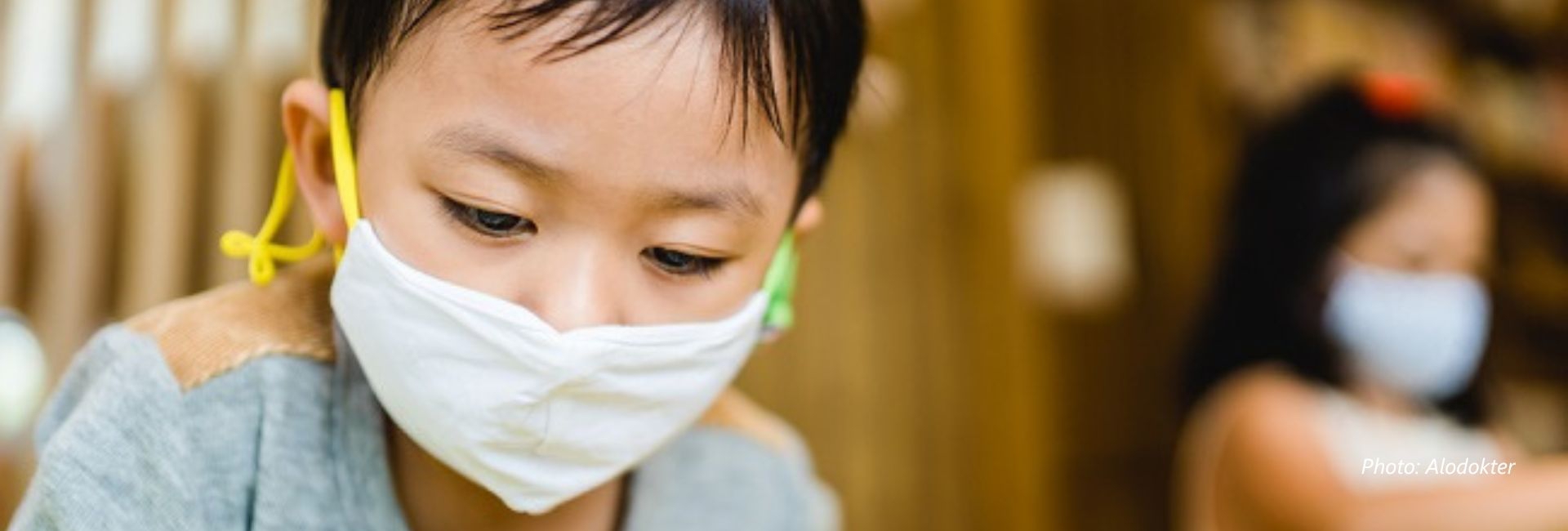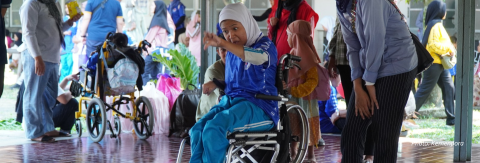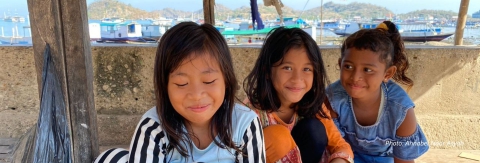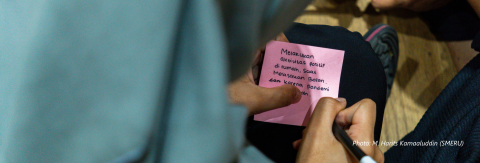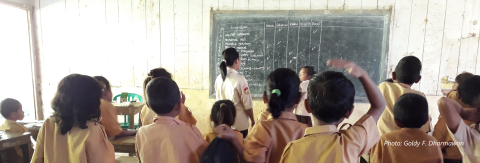The Progress of Child-Focused SDG Report aims to support the monitoring of child-related Sustainable Development Goals (SDGs) and to better understand key drivers and risks that will affect future trends and trajectories in child wellbeing in Indonesia. The report focuses on a subset of the SDG targets and indicators that reflect priority areas for children in the country. A total of 31 indicators across 11 goals were analysed in this report. The selection of these goals and indicators is based on data availability, UNICEF Briefing Note Series on SDG Global Indicators Related to Children, and consultative meetings with various stakeholders including the National Secretariat of SDGs of Indonesia, UNICEF Indonesia, Ministry of Women Empowerment and Child Protection, and various other ministries.
The study relied on two main research methodologies: a literature and desk review, and analysis of secondary data available in Indonesia. The analysis of secondary data included both descriptive and regression analyses. Furthermore, based on household survey data, the latter approach applied inverse probability weighting regression adjustment (IPWRA) to create comparable groups both before and after COVID-19. This study also used past trends to forecast and project SDG indicators up to 2030 under two scenarios: with and without COVID-19. The exercise was applied to indicators for which data are available for a sufficiently long period of time (at least available between 2015 and 2021, on a yearly basis).
The findings and recommendations from this report aim to support advocacy and policy discussions on the SDGs and children by providing an up-to-date assessment of progress since the start of the SDG era in 2015. Furthermore, it also aims to identify the impact of COVID-19 on child-related SDG progress and areas where greater efforts are needed, based on projections to 2030 under different scenarios.


